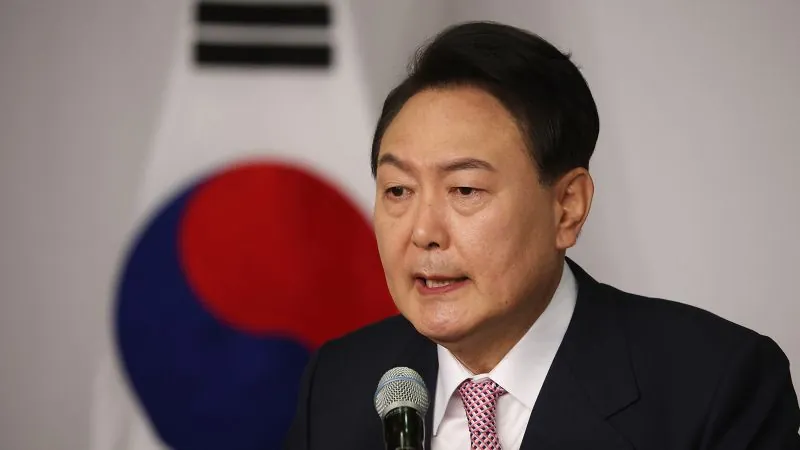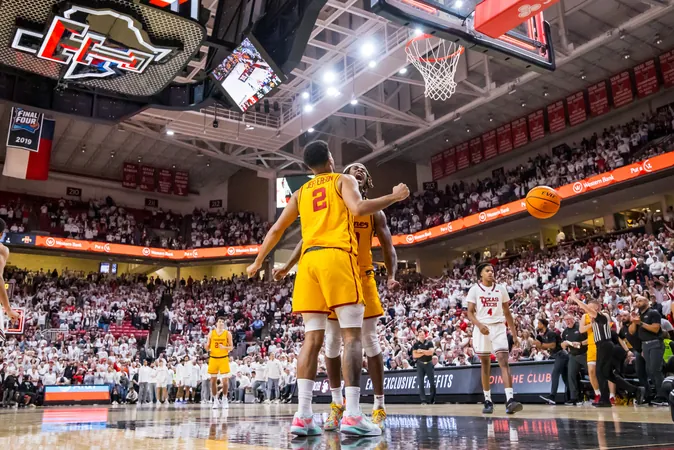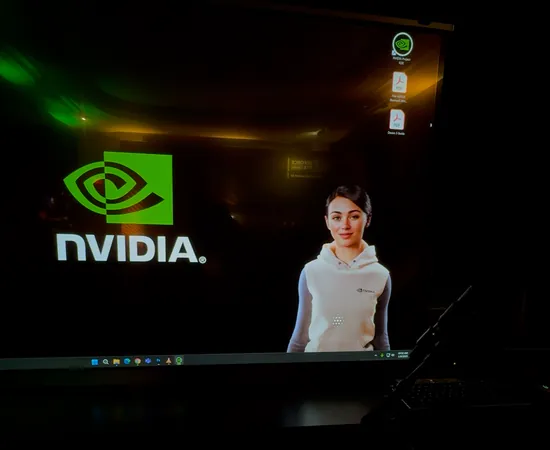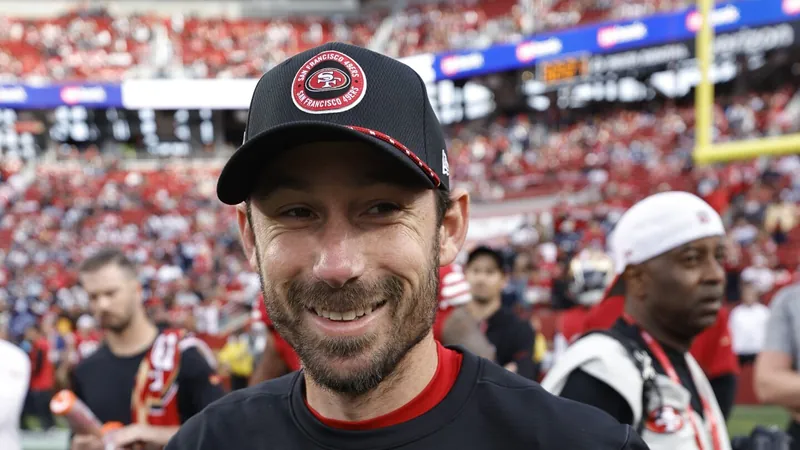
South Korean President Yoon Suk Yeol's Impeachment Trial Ignites Political Turmoil
2025-01-14
Author: Ting
Overview
In a shocking turn of events, South Korean President Yoon Suk Yeol's controversial leadership faces unprecedented scrutiny as he embarks on an impeachment trial. The beleaguered president failed to attend the first day of proceedings amid concerns for his safety and amid a backdrop of mounting public unrest.
Background of the Impeachment
Yoon's troubles began with a hastily declared martial law in December, which spiraled into one of South Korea's most significant political crises in years, sparking outrage among citizens and protests across the nation. Following the declaration, which he rescinded within hours, Yoon was stripped of his powers by the National Assembly, which voted overwhelmingly to impeach him.
Constitutional Court's Role
The Constitutional Court now bears the grave responsibility of deciding Yoon's political fate. With the first hearing resulting in a mere four minutes—since the president refused to show—attention befalls the next session set for Thursday, which will proceed in his absence if necessary.
Calls for a Swift Decision
The parliamentary impeachment panel has called for a "swift decision" to restore democracy and resolve economic uncertainties. Meanwhile, Yoon's legal team has expressed that they will challenge the impeachment, deeming the warrant for his arrest both "illegal and invalid."
Security Concerns and Investigations
Yoon, who has been sheltered within his fortified residence under the watchful eye of his Presidential Security Service (PSS) team, is facing multiple investigations, including grave allegations of insurrection—a charge that could lead to life imprisonment or the death penalty. His supporters argue that these claims are politically motivated, steadfastly rallying outside his residence to provide a human barrier against arrest attempts.
Escalating Tensions
The tensions escalated dramatically when a recent attempt to detain Yoon resulted in a standoff between police and soldiers blocking access to his compound. The operation to arrest the president was suspended for safety reasons, but the warrant remained in effect, intensifying the perception of a potential second attempt.
Constitutional Court's Challenges
As for the Constitutional Court, the nine-member panel is currently operating with eight justices, prompting delays in its proceedings. They have committed to prioritizing Yoon's case, which could lead to South Korea's shortest-serving president if the impeachment is upheld, forcing new presidential elections within 60 days.
Future Implications
In the midst of this political upheaval, investigators are ramping up their efforts to carry out the arrest warrant against Yoon, which would force compliance with legal protocols amidst a legal quagmire concerning jurisdiction. Yoon's lawyers are already raising concerns of illegal arrest proceedings, complicating the judicial landscape further.
Conclusion
The political stakes are colossal, and the ramifications of this trial could reverberate through South Korea for years to come, redefining the nation's political climate and legal landscape. As the trial unfolds, the attention of the nation—and the world—will be fixated on the Constitutional Court's next move and what it means for the future of South Korean leadership.
Stay tuned, as this unfolding saga holds the potential to reshape the very essence of South Korean politics!



 Brasil (PT)
Brasil (PT)
 Canada (EN)
Canada (EN)
 Chile (ES)
Chile (ES)
 Česko (CS)
Česko (CS)
 대한민국 (KO)
대한민국 (KO)
 España (ES)
España (ES)
 France (FR)
France (FR)
 Hong Kong (EN)
Hong Kong (EN)
 Italia (IT)
Italia (IT)
 日本 (JA)
日本 (JA)
 Magyarország (HU)
Magyarország (HU)
 Norge (NO)
Norge (NO)
 Polska (PL)
Polska (PL)
 Schweiz (DE)
Schweiz (DE)
 Singapore (EN)
Singapore (EN)
 Sverige (SV)
Sverige (SV)
 Suomi (FI)
Suomi (FI)
 Türkiye (TR)
Türkiye (TR)